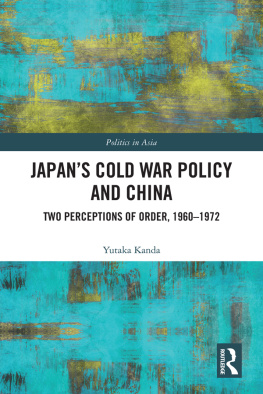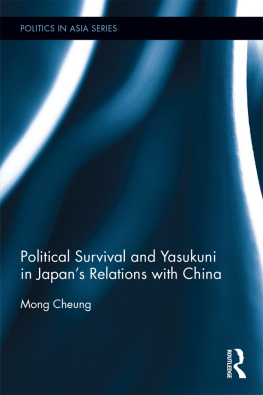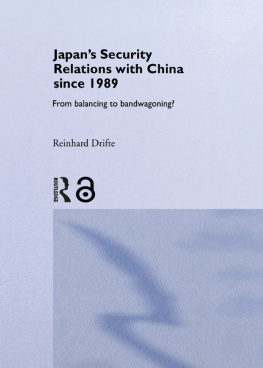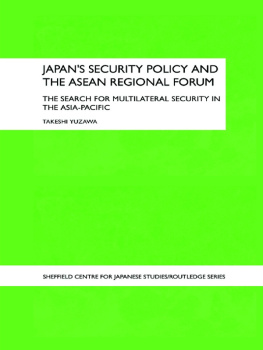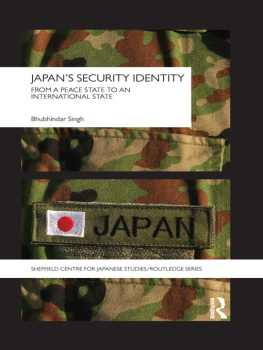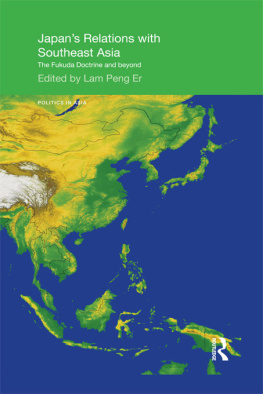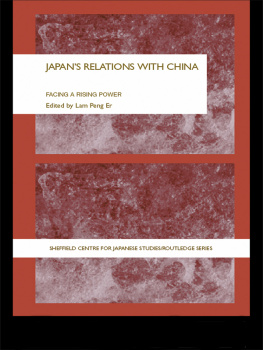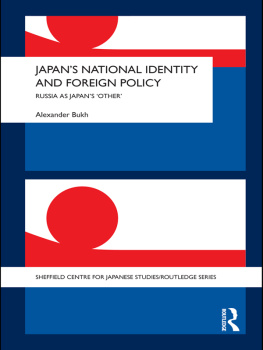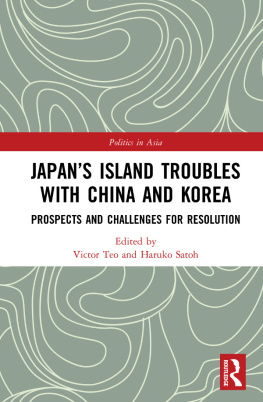Tsukasa Takamine - Japans Development Aid to China: The Long-Running Foreign Policy of Engagement
Here you can read online Tsukasa Takamine - Japans Development Aid to China: The Long-Running Foreign Policy of Engagement full text of the book (entire story) in english for free. Download pdf and epub, get meaning, cover and reviews about this ebook. year: 2012, publisher: Routledge, genre: Politics. Description of the work, (preface) as well as reviews are available. Best literature library LitArk.com created for fans of good reading and offers a wide selection of genres:
Romance novel
Science fiction
Adventure
Detective
Science
History
Home and family
Prose
Art
Politics
Computer
Non-fiction
Religion
Business
Children
Humor
Choose a favorite category and find really read worthwhile books. Enjoy immersion in the world of imagination, feel the emotions of the characters or learn something new for yourself, make an fascinating discovery.

- Book:Japans Development Aid to China: The Long-Running Foreign Policy of Engagement
- Author:
- Publisher:Routledge
- Genre:
- Year:2012
- Rating:4 / 5
- Favourites:Add to favourites
- Your mark:
Japans Development Aid to China: The Long-Running Foreign Policy of Engagement: summary, description and annotation
We offer to read an annotation, description, summary or preface (depends on what the author of the book "Japans Development Aid to China: The Long-Running Foreign Policy of Engagement" wrote himself). If you haven't found the necessary information about the book — write in the comments, we will try to find it.
Paradoxically, Japan provides massive amounts of development aid to China, despite Japans clear perception of China as a prime competitor in the Asia-Pacific region.
This clearly written and comprehensive volume provides an overview of the way Japans aid to China has developed since 1979. It explains the shifts that have taken place in Japans China policy in the 1990s against the background of international changes and domestic changes in both countries, and offers new insights into the way Japanese aid policy making functions, thereby providing an alternative view of Japanese policy making that might be applied to other areas. Through a series of case studies, it shows Japans increasing willingness to use development aid to China for strategic goals and explains a significant shift of priority project areas of Japans China aid in the 1990s, from industrial infrastructure to socio-environmental infrastructure.
The book argues that, contrary to the widely held view that Japans aid to China is given for reasons of commercial self-interest, the objectives are much more complex and dynamic. Using original material, Takamine shows how policy making power within the Japanese government has shifted in recent years away from officials in the Ministry of Foreign Affairs to politicians in the Liberal Democratic Party.
Tsukasa Takamine: author's other books
Who wrote Japans Development Aid to China: The Long-Running Foreign Policy of Engagement? Find out the surname, the name of the author of the book and a list of all author's works by series.

